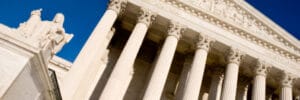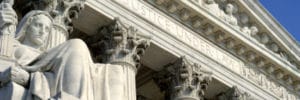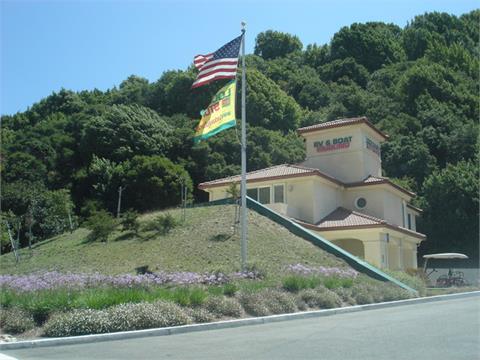
Certiorari Granted: United States Supreme Court Agrees to Hear Important Property Rights Case; Kassouni Law Submitted Amicus Brief in Support of Petition for Certiorari on Behalf of the Pelican Institute Recently, Kassouni Law submitted an amicus brief to the U.S. Supreme Court on behalf of the The Pelican Institute for Public Policy. The Institute is… Read more »






